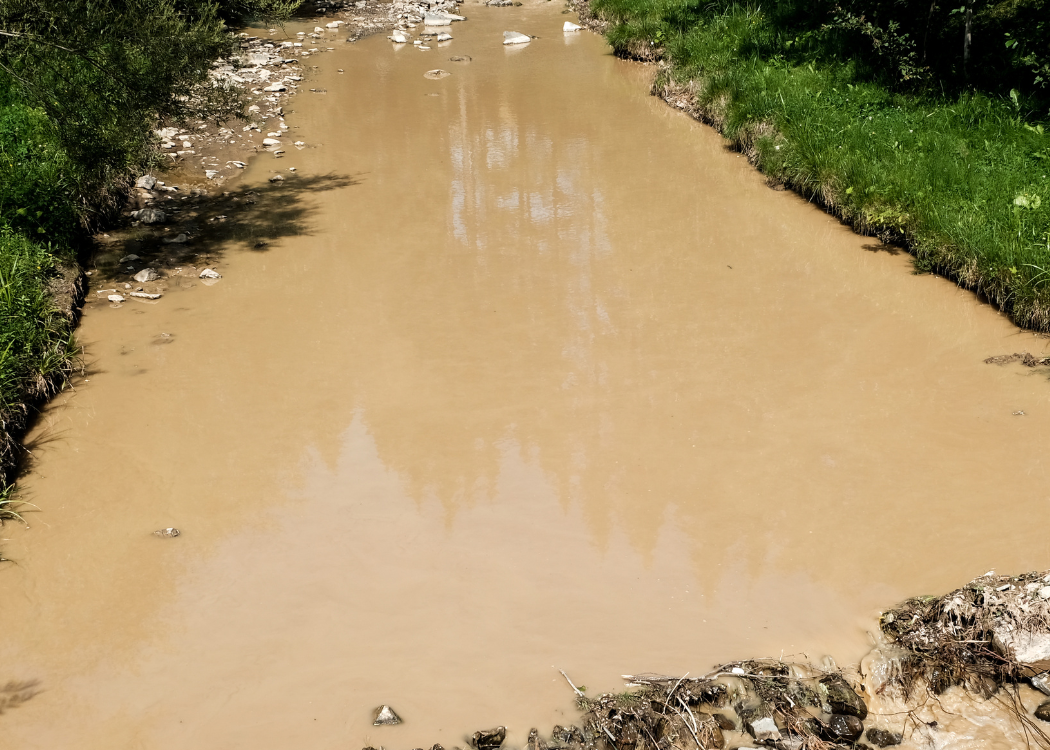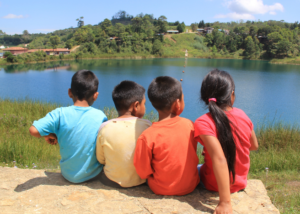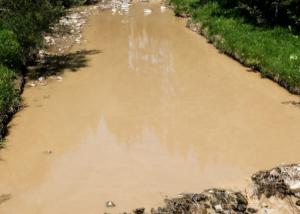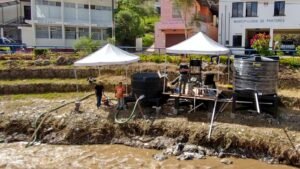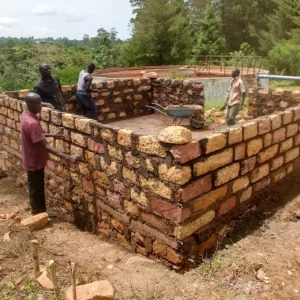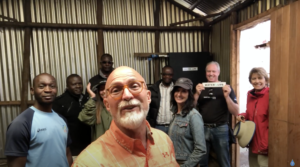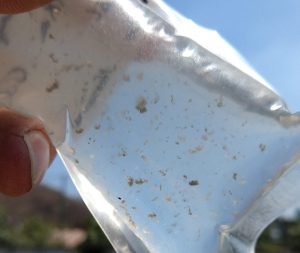Experiencing a Statistic
This is a short post from John Sebesta’s perspective and his first-hand experience in the developing world.
 In our connected world today, we are constantly bombarded with data, information, and news. All marketers are working diligently to capture our attention. They want us to buy their product or support their cause. The world has become so “noisy” with data that we tend to keep it on the surface and not let it sink into our minds and impact our thinking and our lives. When we experience a challenge or need, we begin to understand and appreciate the hardship of others.
In our connected world today, we are constantly bombarded with data, information, and news. All marketers are working diligently to capture our attention. They want us to buy their product or support their cause. The world has become so “noisy” with data that we tend to keep it on the surface and not let it sink into our minds and impact our thinking and our lives. When we experience a challenge or need, we begin to understand and appreciate the hardship of others.
As someone who grew up in a philanthropic home and an involved church, I certainly heard the statistics of families and children struggling without access to clean water. While I gave financially, they were always out there, numbers on a page. So in February 2017, my wife and I quit our jobs, sold our comfortable home in Dallas, TX, and booked a one-way flight to Peru. As we prepared, we confirmed that the water wasn’t safe, so we bought a small filtration device to take with us. Our first few months in Cusco, Peru, were filled with Spanish lessons, hiking, and the daily task of filtering enough water for us to drink that day. Purifying water became a chore, so we would buy expensive bottled water when we ran out. Slowly it dawned on me that we had a filter from the US, and we had the resources to buy bottled water; what about everyone else? Those who couldn’t afford bottled water just drank what they had and suffered the consequences.
Shortly after, we moved to the Western Highlands of Guatemala to work at a local non-profit. When we arrived in Guatemala, we quickly discovered that the situation was no better, and with less tourism, the families struggled even more economically. By buying a local bucket filtration system, we established our new routine of daily water filtration.

Organizations like the WHO and UN complete comprehensive studies to help us understand the situation globally. We must look at these statistics and, filled with humility that we’re born on the safer side of the world, look for ways to extend these fundamental human rights to all. For me, this experience took the statistics, like the fact that around 485,000 deaths per year come from diarrhea related to dirty drinking water alone, and put faces to them as I saw the children drinking unsafe water before my eyes. Much progress has been made to make clean water available, and as of 2017, 71% of people globally use safely managed drinking water, but that still leaves 2.2 billion who still need to.

Better Things is striving to drive that number to 0. Thanks to the on-the-ground experience of the founder and product developer Michael Watkins, Better Things is producing filtration solutions that provide reliable, point-of-use, clean water with virtually no ongoing maintenance and no daily tasks.
When people have access to clean water on-premise, they stay healthier, more economically productive, and safer as they avoid long, risky trips to gather water. Unfortunately, a UNICEF study showed that 60% of primary schools in the developing world lack clean water facilities, and children miss 272 million school days per year due to diarrhea alone. Clean water is a fundamental human right, and we can ensure that everyone has equal access to it. Join us as we bring clean water to a thirsty world!
Click here to learn more about the Better Things solutions with theBlackBox Series filtration systems. Click give to help us put clean water in schools and orphanages across Guatemala.
